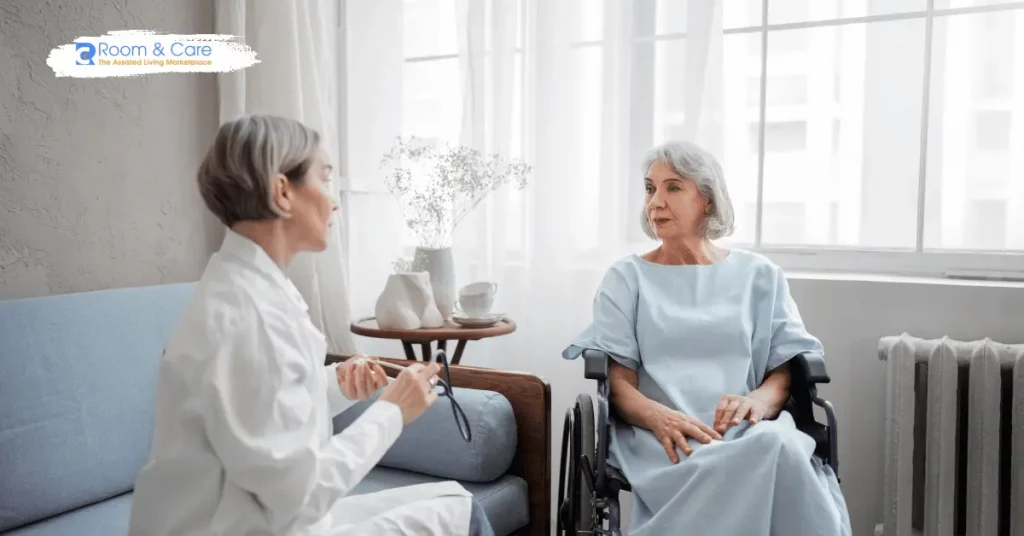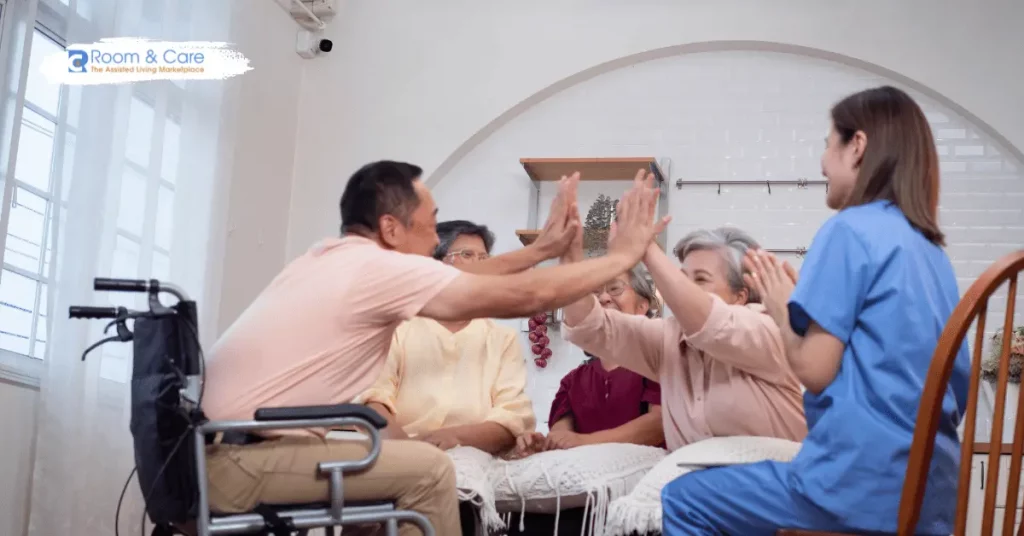

Dementia care facilities are specialized communities that cater to individuals with dementia, offering a supportive and safe environment tailored to their unique needs. Finding the right facility can significantly improve the quality of life for someone with dementia, ensuring they receive expert care in a secure setting. From understanding what dementia care facilities offer to knowing what to look for during your search, this guide explores every crucial factor to help families make the best choice.
Dementia affects cognitive functions such as memory, judgment, and reasoning. For those living with dementia, daily activities and even basic routines can become overwhelming or confusing. Dementia care facilities, sometimes known as memory care facilities, are designed to meet these specific needs. They provide specialized care, enhanced safety, and structured routines that help residents maintain as much independence as possible in a secure, comforting environment.
The right dementia care facility can give family members peace of mind, knowing their loved one is supported by a team of caregivers trained in dementia care. These facilities foster social engagement, emotional support, and cognitive stimulation, helping residents maintain a meaningful and dignified quality of life.
Selecting a dementia care facility for your loved one is a major decision that requires thoughtful evaluation. Here are key factors to keep in mind:
One of the most critical aspects of any dementia care facility is the expertise and training of the care team. Dementia requires a compassionate, skilled approach that adapts to the resident’s changing needs. When assessing potential facilities, consider the following:
Facilities with well-trained staff can offer the emotional and practical support needed to create a stable, reassuring environment. This element is fundamental to a positive experience for residents and their families.
Dementia care facilities prioritize safety to protect residents from potential harm, as those with dementia are prone to wandering and may struggle with spatial awareness. Key safety features include:
These measures ensure residents are safe while enabling them to move freely within secure environments, which is essential for their mental well-being.
Every individual with dementia experiences the condition differently, which is why customized care plans are so important. Reputable dementia care facilities develop personalized care plans based on:
This individualized approach supports a higher quality of life by providing each resident with care suited to their unique needs and preferences.

Engaging, structured activities are essential in dementia care, as they help maintain cognitive function, reduce agitation, and encourage socialization. When evaluating facilities, inquire about the types of activities offered, which may include:
A strong activity program enriches residents’ daily lives, promotes physical and mental health, and creates a sense of belonging within the community.
The physical layout of dementia care facilities can have a significant impact on residents’ comfort and safety. Dementia-friendly designs incorporate elements like:
An environment that feels welcoming and intuitive can make a substantial difference, enhancing residents’ sense of security and comfort.
Residents in dementia care facilities often require regular medical attention and assistance with medications. High-quality facilities typically offer:
Access to medical care provides peace of mind to families and ensures that residents receive the necessary health support promptly.
A reliable dementia care facility keeps families informed and engaged in their loved one’s care. Transparent and frequent communication is essential, particularly in areas such as:
Regular communication fosters trust between families and caregivers, creating a collaborative approach to providing quality care.
Memory care facilities provide specialized benefits that support cognitive health and overall well-being for residents with dementia. Here are some of the distinct advantages of memory care:
With dementia comes the risk of wandering or self-injury. Memory care facilities are equipped with secure environments and continuous supervision, allowing residents to move freely within safe zones. Caregivers trained in dementia care are vigilant about monitoring residents and understanding their behaviors, which is essential for maintaining safety.
For individuals with dementia, routine can provide comfort and stability. Memory care facilities offer structured daily schedules, which help reduce confusion and agitation. With regular schedules for meals, activities, and personal care, residents feel more in control and secure in their surroundings.
Memory care facilities are designed to stimulate residents’ minds and keep them socially active. Group activities such as crafts, music, and exercise sessions create a sense of community and belonging. Socialization helps combat isolation, a common issue among seniors with dementia, and supports emotional well-being.

How do dementia care facilities differ from traditional assisted living?
Dementia care facilities are specifically designed for individuals with dementia and Alzheimer’s, with features like secure areas and specialized caregiving staff. Assisted living facilities offer more general support and may not be equipped for residents with significant cognitive impairments.
What kind of activities are offered in dementia care facilities?
Activities often include memory-enhancing games, art and music therapy, and light exercise routines. These activities are designed to engage residents, boost cognitive functions, and reduce anxiety.
Are dementia care facilities covered by insurance?
Insurance coverage varies by policy. Some long-term care insurance plans cover dementia care, and Medicaid may assist in certain cases. Check with your insurance provider to understand your options.
How often can family members visit?
Most dementia care facilities welcome regular visits from family members. Many facilities also offer flexible visiting hours and encourage family involvement in care planning.
Selecting a dementia care facility is a challenging but essential step in ensuring a loved one receives the support they need. The right facility will offer a secure, engaging environment with compassionate, well-trained staff who understand dementia’s complexities. Room and Care can help families navigate the selection process by connecting them with a variety of high-quality options, including dementia care, memory care, assisted living, and more—all without referral fees. This ensures families find the best care options for their loved ones while minimizing costs and maximizing support.
Finding a facility that aligns with your loved one’s needs can make all the difference in their quality of life. From staff expertise to safety protocols and personalized activities, each aspect plays a role in supporting residents through their journey with dementia. Take your time, research thoroughly, and visit multiple facilities before making a decision. With the right care, individuals with dementia can continue to lead fulfilling lives, surrounded by compassion and understanding.